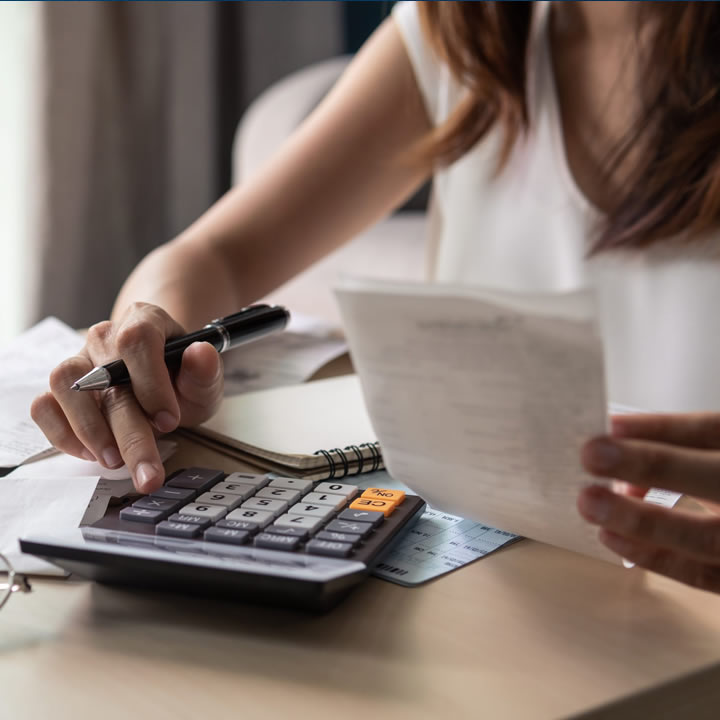Chapter 7 business bankruptcy is a term used for a type of Bankruptcy. This term is also known as liquidation or straight Bankruptcy, which helps the businessman clear away many unsecured debts.
For example, suppose you are far behind on your business expenses or bills and all financial affairs and don’t have any source to afford monthly payments. In that case, you can file for chapter 7 business bankruptcy to reset your finances.
How Does Chapter 7 Business Bankruptcy Work?
After filing Chapter 7 bankruptcy, the court will help you to place an automatic temporary stay on all your current debts.
This will facilitate you to stop creditors from collecting debts, taking legal possession of your property, stopping the creditors from evicting you from your property, and turning off your utilities.
The court will take the legal property owner and help you by appointing a legal bankruptcy trustee to your claim. The role of that legal trustee is to review your assets and finance and supervise your Chapter 7 bankruptcy case.
The legal trustee will help you to sell some of your nonexempt property and use the revenue to repay your creditors. The legal trustee will also arrange a meeting between the debtors and creditors, known as a creditor meeting.
In this meeting, you must go to the court to answer everything about your chapter 7 business bankruptcy case.
Approximately four to six months after filing your initial case, the court will release your debts, and you don’t have to pay them anymore. But some debts are not dischargeable, such as court fees, student loans, tax debts, alimony, and child support.
Are you Qualified for Chapter 7 Business Bankruptcy?
The rules and procedures are generally the same for individuals and organizations. When an organization can no longer pay its debts, It generally creates a relationship between two stakeholders.
These stakeholders are called creditors and debtors. The debtors seek some consolation from the debt they cannot repay, and the creditors want to collect their debt as soon as possible.
When you file a chapter 17 bankruptcy petition, the court will help you by creating rules and a compromising relationship between creditors and debtors. The court will try to work for equal rights and both parties best interests.
Not everyone is liable to file a Chapter 7 debt petition. You must have a low income to pass the Chapter 7 means test. If you have any business involved in bankruptcy cases, you will be exempt from the Chapter 7 means test.
You will be eligible for the Chapter 7 debt discharge under specific circumstances, i.e., If the business debt exceeds the consumer debt. And business owners may have to prepare extra documents because a bankruptcy trustee will verify personal and business financials.
You must also complete a credit counseling course to file a Chapter 7 Business Bankruptcy petition.
Consult with a Business Bankruptcy Lawyer
When it’s time to wind up a failing business or wipe out any personal business, Bankruptcy is a great way.
It can help you a lot to solve your debt issues. But always remember a business-related bankruptcy may have different circumstances and more issues than a normal bankruptcy case.
This is why seeking professional and legal advice is a must. Consult an experienced bankruptcy lawyer who can handle early process Chapter 7 Business Bankruptcy petitions.

